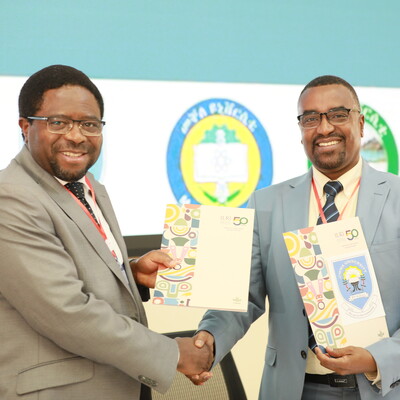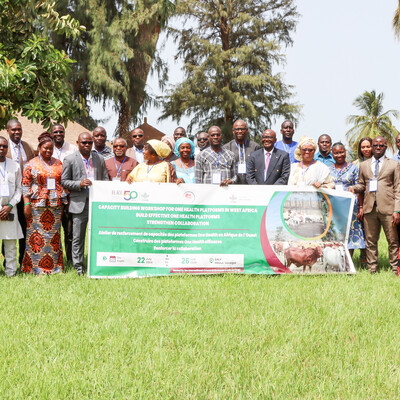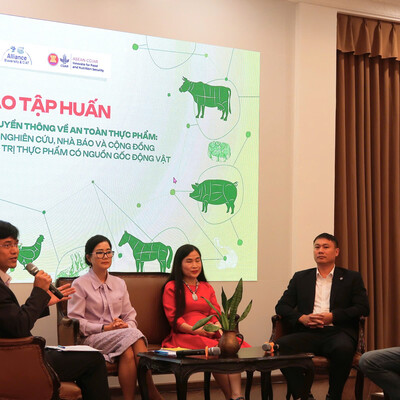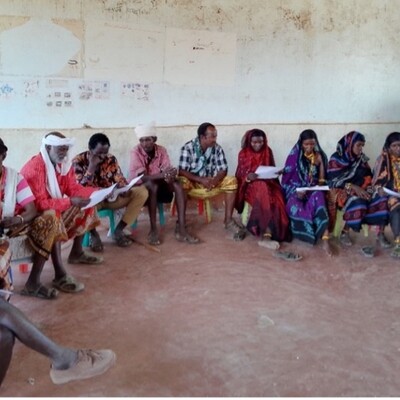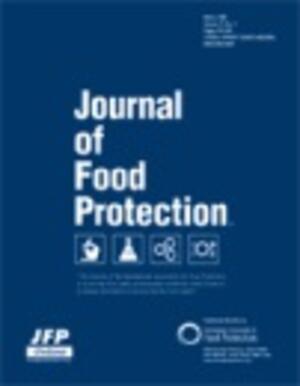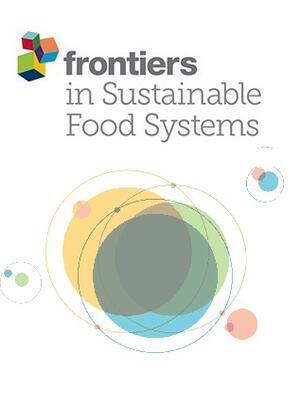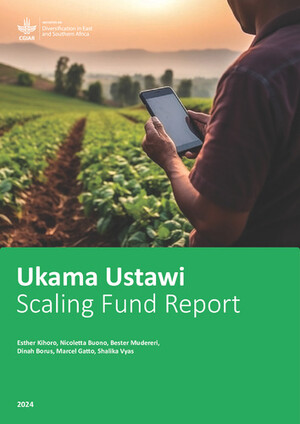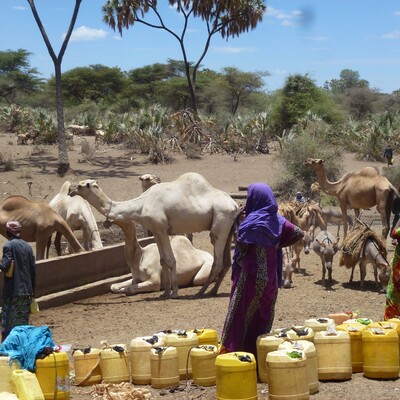
ILRI and ICAR train gender project data collectors on WELI tool
The International Livestock Research Institute (ILRI) and the Indian Council of Agricultural Research (ICAR) have launched a ‘Gender-livestock-climate analytic approach (GLCAA) for livelihood improvement in distressed areas of India’ project to address gender issues caused by climate change in the livestock sector. This initiative will also assess women's social and economic empowerment and integrate gender-responsive approaches in livestock interventions.
As part of this project, ILRI organized a 10-day training on Women Empowerment in Livestock Index (WELI) at ICAR’s Central Institute for Women in Agriculture (CIWA) in Odisha. The 24 June to 3 July 2024 training was led ILRI scientists Immaculate Omondi, Eunice Kariuki and Braja Swain.It was attended by more than 20 researchers and field enumerators from Andhra Pradesh, Odisha, Bihar and Rajasthan states.
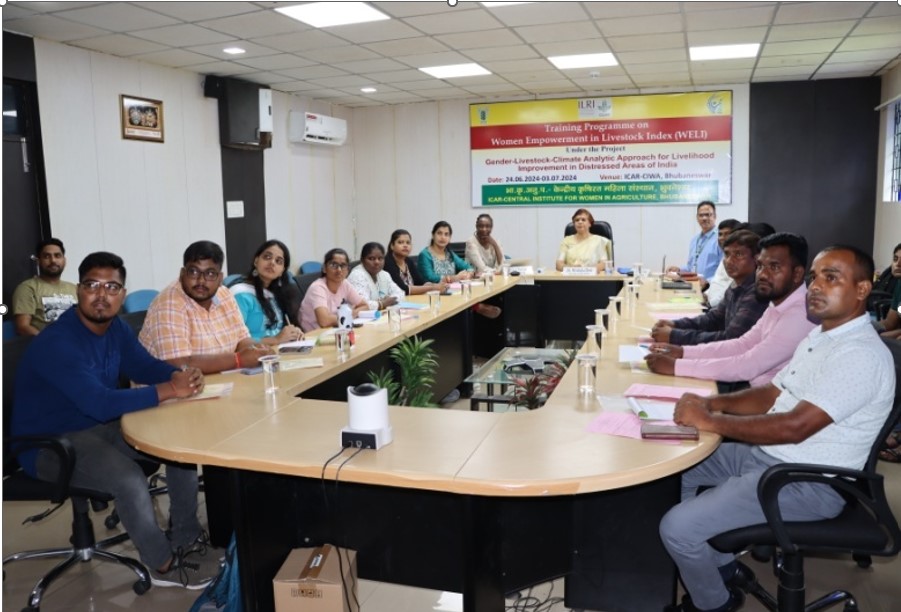
Participants at the training in Odisha (photo credit: ILRI/Braja Bandhu Swain).
Alessandra Galie, Gender team leader at ILRI, provided an overview of the project's genesis. Highlighting ILRI’s mission to enhance food and nutritional security and reduce poverty through sustainable livestock use, Galie stressed the vital role of women in livestock systems.
‘Around 1 billion people globally depend on livestock, with two-thirds of poor livestock keepers being women. These women play a crucial role in building climate resilience and developing livestock systems but are often disempowered and significantly impacted by climate change,’ said Galie.
Mridula Devi, director of ICAR–CIWA, emphasized the substantial contribution of women to agriculture and livestock activities in the country, with 69% of such tasks undertaken by women. She underscored CIWA's commitment to addressing women-related challenges and enhancing their efficiency and effectiveness to boost productivity and sustainability in agriculture, including fisheries and livestock.
The main objective of the training was to introduce enumerators who will be undertaking field surveys in India to the WELI and Rural Household Multi-Indicator Survey (RHoMIS) tools. During the training, Omondi discussed the importance of livestock for women's empowerment and the need for gender-responsive livestock development. She introduced the WELI tool, a measure for women's empowerment in livestock. Kariuki also highlighted the significance of the WELI survey in assessing women's contributions to the livestock sector.
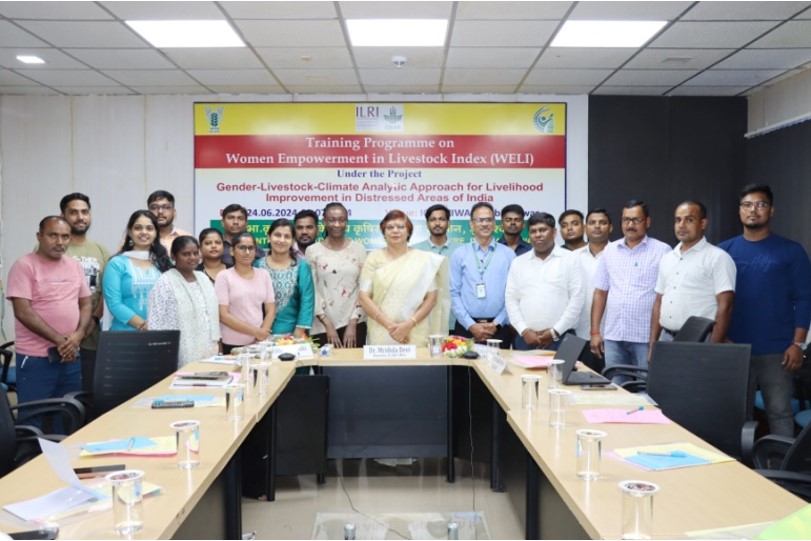
Group photo of training participants (photo credit: ILRI/Braja Bandhu Swain).
The training not only imparted valuable knowledge but also underscored the critical intersection of gender, livestock and climate resilience in fostering sustainable development. The enumators will implement the WELI and RHoMIS survey in five states of India. The data generated will be used for the ICAR–ILRI collaborative gender project.






